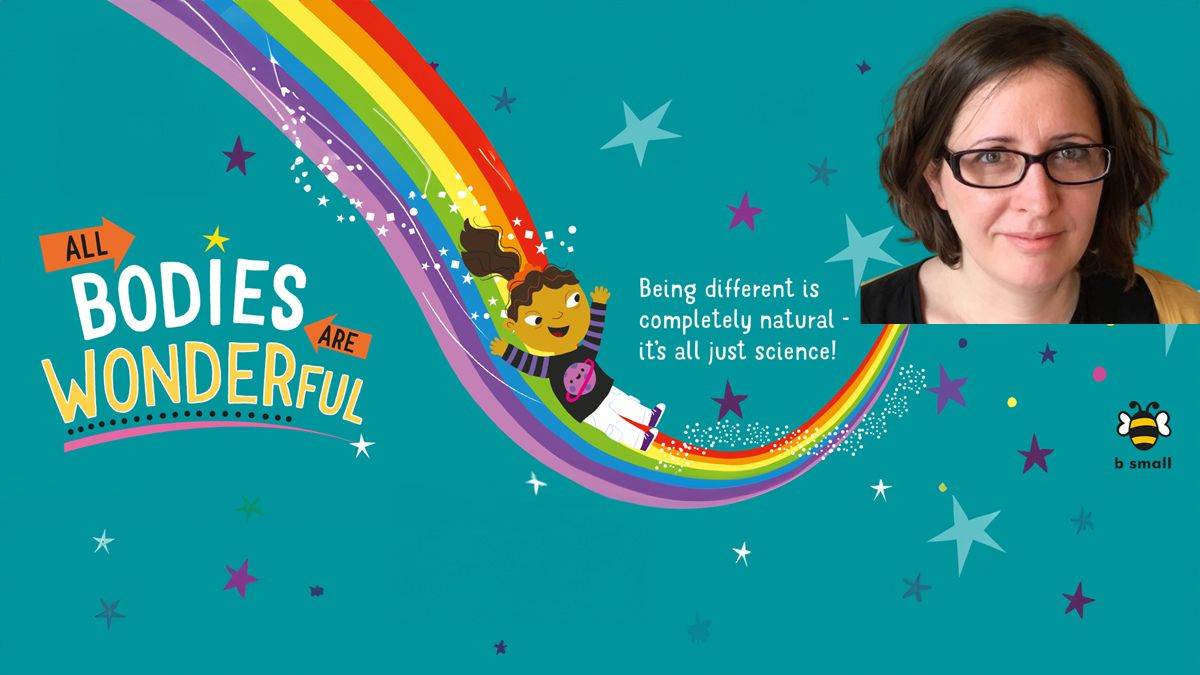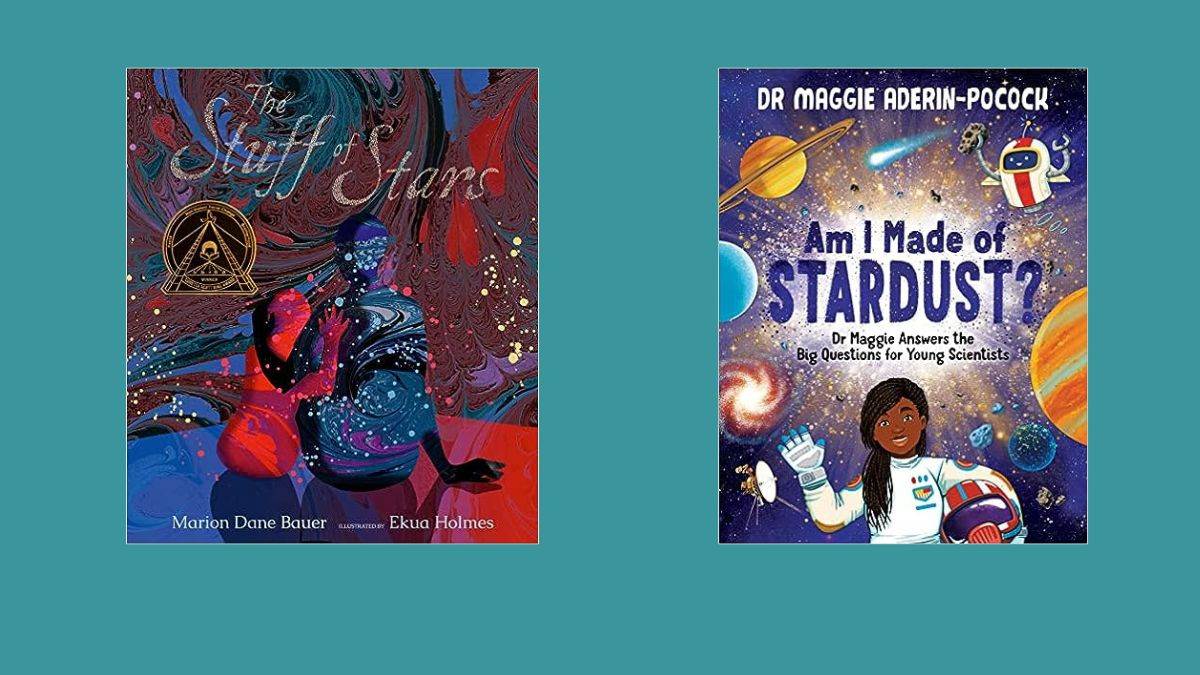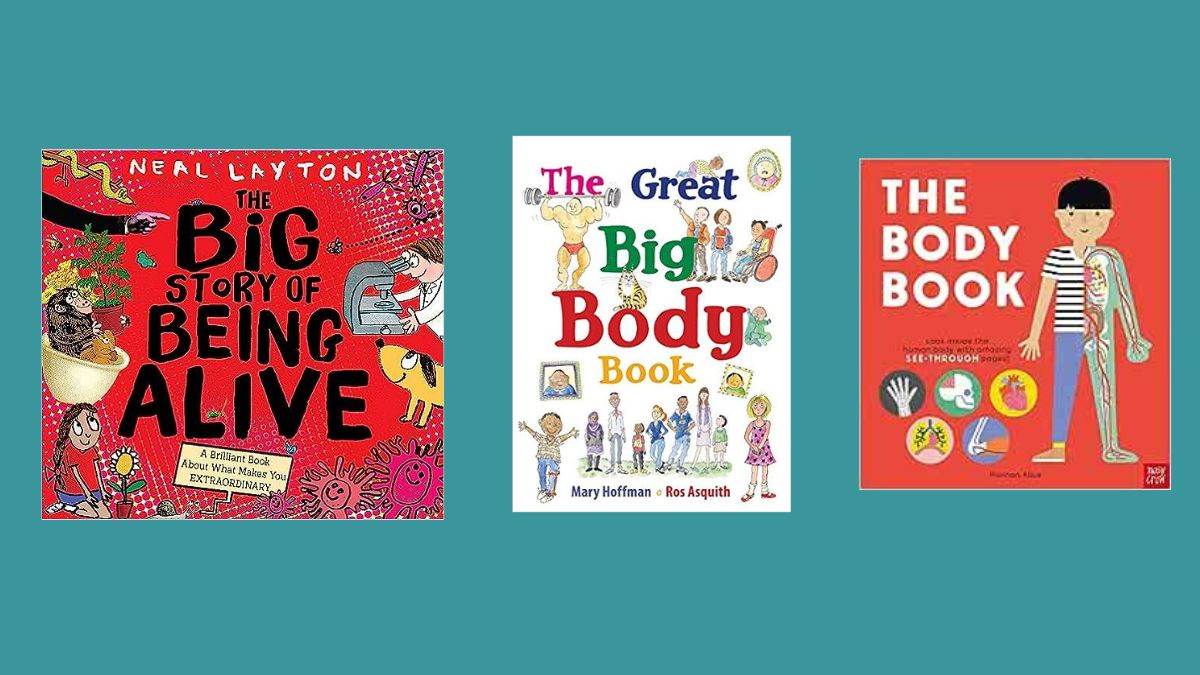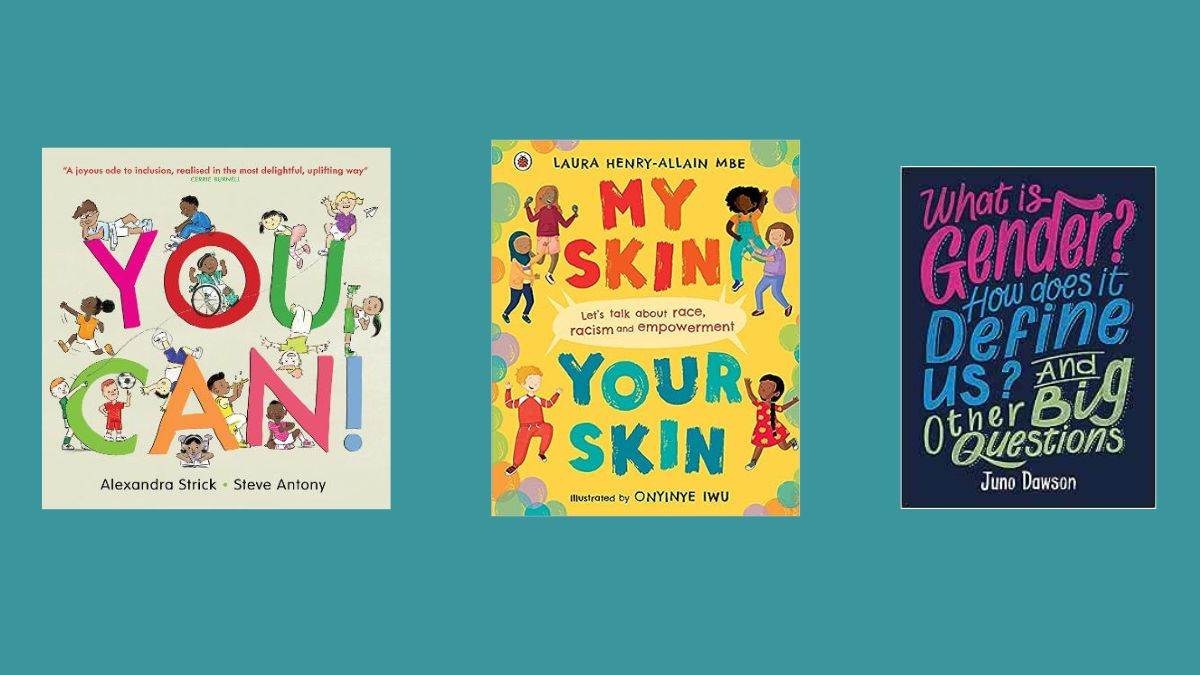Using books to create positive attitudes towards our bodies
Published on: 07 September 2023
Author and co-founder of Inclusive Minds, Beth Cox, shares how important books are in empowering positive attitudes in children.

Over the past few years we’ve seen a much-needed increase in inclusion in children’s books – whether that’s of disabled people, LGBTQIA+ representation, ethnic diversity or something else.
But one thing that has tended to stay the same is the body size of those represented in books. Whether in an illustrated picture book, or a secondary textbook, the build of characters seems to vary little, if at all.
To counter this, we’ve started to see more books that encourage body acceptance. And books such as Bodies Are Cool by Tyler Fedar do an incredible job of showing a more diverse range of bodies in a very natural way. However, for true acceptance we also need to see a more diverse range of body shapes and sizes across all the books we read or study.
When b small publishing approached me about writing All Bodies Are Wonderful, I wanted to do something a little bit different. I’m the kind of person who likes to know why things are a certain way (and my recently discovered neurodivergence explains this). Sometimes just being told ‘difference is great’ isn’t enough. Instead of just showing children that all bodies are valid and valuable, I wanted to focus on why all bodies are different
But first, to show how similar they are. When carrying out research for the Level Headers books I discovered the importance of awe and wonder in building self-worth and self-esteem. The first spread of All Bodies Are Wonderful focuses on how we are made of stardust and shares incredible facts about how the atoms that make up your body will have been part dinosaurs or trees in the past. I mean, who isn’t going to be amazed by that? Sharing books that inspire awe and wonder can have a huge impact on your children (and you) – these titles will help you get started:
- The Stuff of Stars by Marion Dane Bauer and Ekua Holmes
- Am I Made of Stardust? by Dr Maggie Aderin-Pocock and Chelen Ecija
The next stage of creating positive attitudes is to understand why differences exist in the first place. I wanted to explore what actually happens as a human develops. Because when you really think about how an actual person is created from a single cell, it’s pretty mind blowing – and amazing that we aren’t all more different. Yes, this is complex science for young minds, but we shouldn’t underestimate children who often love finding out interesting information and facts. Understanding how bodies grow and work helps us to realise the importance and value of our own bodies. There are some great books about how bodies work, as well as how babies are created, that you can share with your children, starting with these:

- The Body Book by Hannah Alice
- The Great Big Body Book by Mary Hoffman and Ros Asquith
- The Big Story of Being Alive by Neal Layton
Who we are and what our bodies are like doesn’t stop there. Things around us impact who we are – and what we do and who we are impacts the world around us. It’s not just genetics, but the environment that shapes us, and this helps children understand that they can influence change. They have agency, and the power to make a difference. This knowledge is empowering, encouraging children to take action, to shape the world they want to see, to challenge discrimination, to explore who they are and who they want to be.
You can start to explore these themes of acceptance and social justice further with books such as:

- My Skin, Your Skin: Let's talk about race, racism and empowerment by Laura Henry-Allain, illustrated by Onyinye Iwu
- I Am, You Are: Let's Talk About Disability, Individuality and Empowerment by Ashley Harris Whaley, Ananya Rao-Middleton, et al.
- You Can by Alexandra Strick and Steve Anthony
- What is Gender? by Juno Dawson
Sharing books, answering questions, and having open and honest (and possibly challenging) conversations can all help your child to embrace themselves as they are, as well as empower them and others.
But, remember, we can’t just tell children that difference is good, and that bodies can be all shapes and sizes, we have to show them. Look out for books that show people of range of sizes just getting on with their lives (avoiding those that show only larger people who are unfit or eating, or very thin people with disordered eating). Look out for books that are naturally inclusive of a range of people, without focusing on differences. Look out for books that focus on how we are similar, before celebrating how we are different.
Most of all, inclusion and embracing all bodies starts with us, the grown ups in our children’s lives. With how we talk about our own and other’s bodies in front of our children. Being kind and positive will have great benefits in the way they perceive themselves and other people.
All Bodies are Wonderful by Beth Cox and illustrated by Samantha Meredith is out now.
Topics: Features





